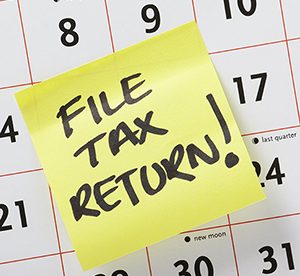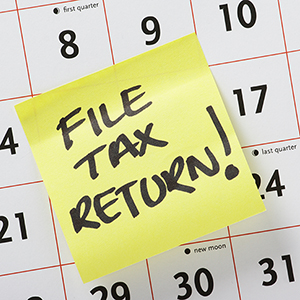
Some tax refunds that include an Earned Income Tax Credit (EITC) or Additional Child Tax Credit (ACTC) will be held until February 15.
WHAT DO YOU NEED TO KNOW ABOUT REFUND DELAYS?
- File your taxes as you normally do. You do not need to change the way you file your tax return or where you get your taxes done.
- The delay applies to all ways you can file a tax return – at a VITA site, by a paid tax preparer, or self-preparation (DIY). No one can send you your refund before February 15. There are no exceptions.
- The purpose of the refund delay is to help protect you and your refund.
- Beware of offers of loans against delayed refunds, such as a loan on a refund claim based on a pay stub instead of a W-2. Loan fees are expensive, and the amount may be incorrect without all income information – but the loan must still be repaid.
- While the delay applies specifically to tax filers claiming the EITC and ACTC, it will affect your entire refund. This includes refunds based on over-withholding or other tax credits. You cannot receive a partial refund.
- Not everyone is affected by the delay. Tax filers claiming the EITC and ACTC who file returns after February 15 will not be affected by the delay. Additionally, early filers who are ineligible to claim the EITC or ACTC will not be affected. Refunds based only on over-withholding or other tax credits will not be held.
WHY IS THE DELAY HAPPENING?
On December 18, 2015, Congress passed the PATH (Protecting Americans from Tax Hikes) Act. This act made over 20 tax changes permanent, including tax credit expansions to the the Earned Income Tax Credit (EITC), Additional Child Tax Credit (ACTC) and American Opportunity Tax Credit (AOTC). The PATH Act also changed how the IRS issues EITC and ACTC refunds.
The IRS will not send your tax refund before February 15 if you claim the EITC or ACTC on your tax return. This will allow the IRS time to check the income on your tax return with your employer’s records, since employers must now file W-2 forms and 1099s by January 31 (previously, they had until March).
Most refunds are expected to be issued within 21 days of processing. If the IRS finds major differences between the income information provided on your return and that provided by your employer(s), there may be delays as the IRS tries to sort out the mismatch.
HOW CAN YOU PREPARE FOR POTENTIAL REFUND DELAYS?
Before Tax Season
- Gather your tax filing documents so that everything is in one place to file your taxes.
- Plan how you will file your taxes. If you will visit a Volunteer Income Tax Assistance (VITA) site, check if you need an appointment, and make one, if so.
During Tax Season
- Check on the status of your tax refund through the IRS Where’s My Refund? tool.
- If you have urgent financial needs, look for a credit union that offers safe, short-term loans.
- Consider learning more about budgeting through a financial coach, counselor, or class. Explore services that can help you in “planning ahead” for future delays.
RESOURCES
- When to Expect Your Refund if You Claimed the EITC or ACTC – IRS
- Making Financial Decisions – Consumer Financial Protection Bureau
- Credit Union Locator – National Credit Union Association
- Tax Refund Help – Taxpayer Advocate Service






